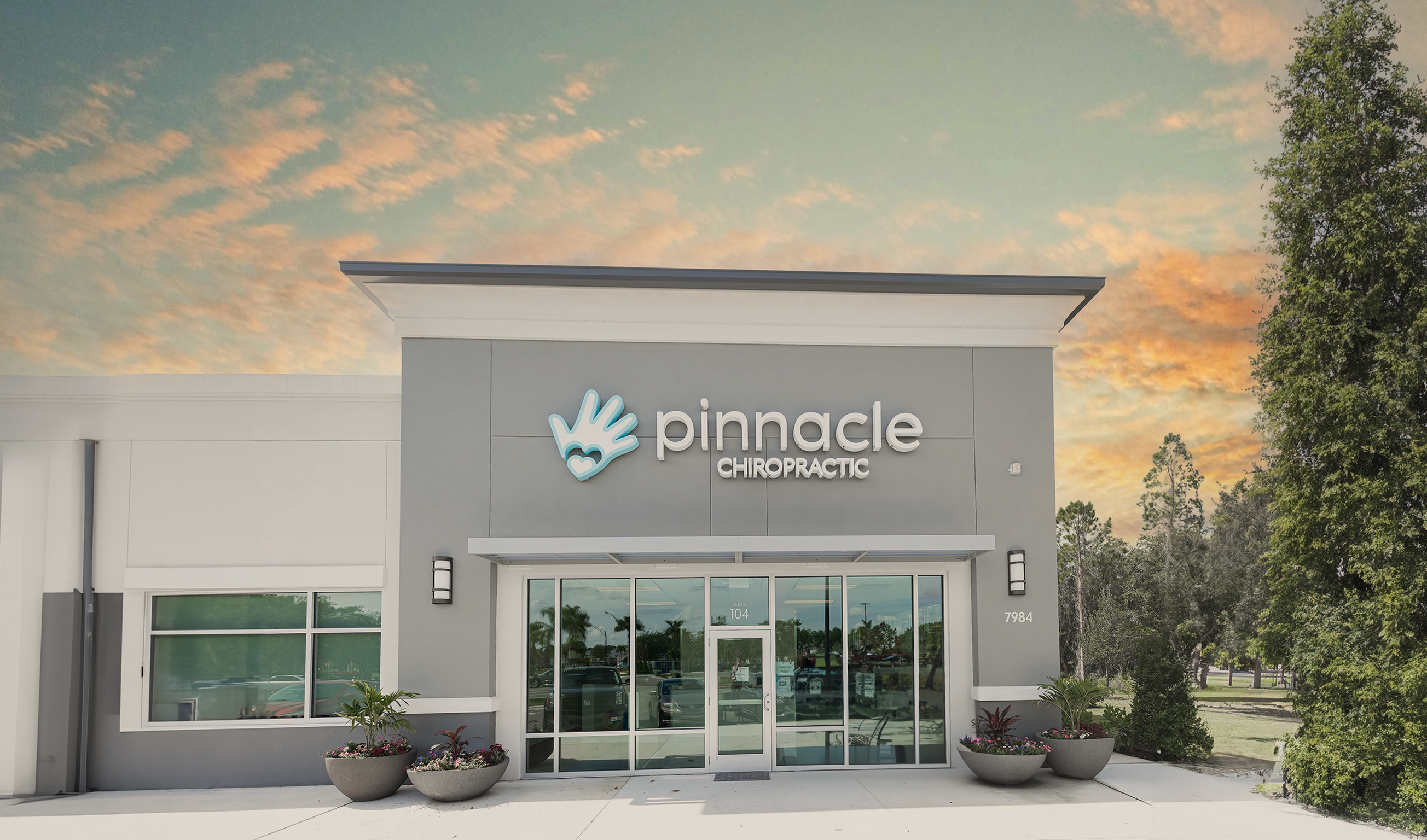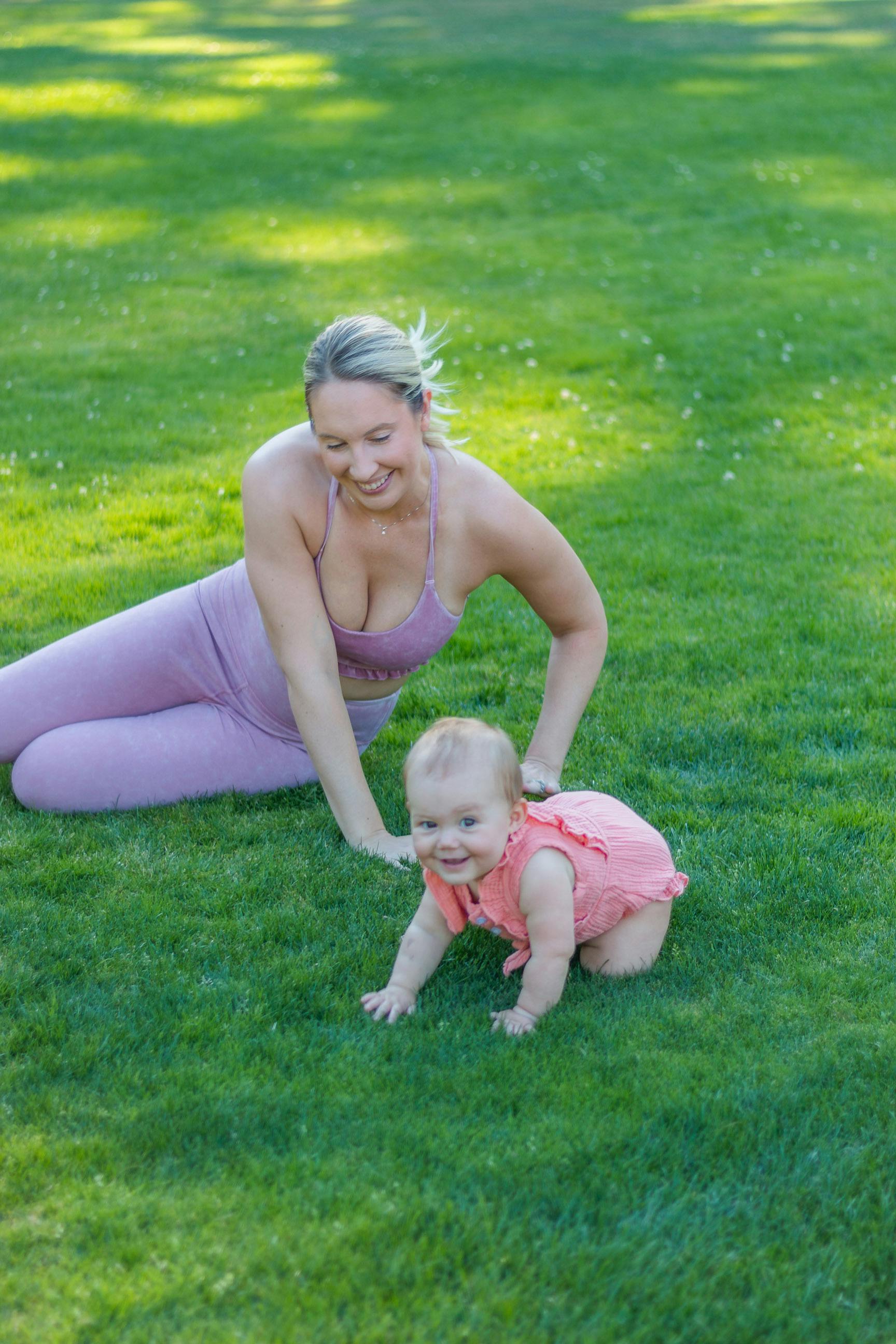The postpartum period, often called the "fourth trimester," is a time of profound physical and emotional changes. After nine months of carrying your baby and the intensity of childbirth, your body embarks on a journey of healing, recovery, and adjustment. This period is unique to every mom, influenced by the type of delivery, overall health, and the challenges of adapting to a newborn's needs.
Postpartum Recovery: A Journey of Healing and Adjustment
During these weeks, you might experience a mix of joy, exhaustion, and moments of uncertainty. It’s important to remember that healing isn’t just about physical recovery; it’s also about finding emotional balance and navigating the new rhythms of life with your little one. By understanding what to expect and taking proactive steps to support your body and mind, you can ease your transition into motherhood and ensure you’re giving yourself the care you deserve.
What to Expect Physically After Childbirth
Your body undergoes tremendous changes during pregnancy and delivery, and recovery takes time. Here are some of the most common physical experiences postpartum:
1. Vaginal or Cesarean Healing
- Vaginal Birth: You may experience soreness, swelling, or stitches if you had a tear or episiotomy.
- Cesarean Birth: Recovery from a C-section involves healing from abdominal surgery, including soreness and restrictions on heavy lifting.
2. Bleeding (Lochia)
After childbirth, your body sheds the uterine lining, resulting in bleeding that can last 4–6 weeks. The flow is heaviest in the first week and gradually lightens.
3. Uterine Contractions
Your uterus contracts to return to its pre-pregnancy size. These "afterpains" can feel like menstrual cramps and are most noticeable during breastfeeding.
4. Breast Changes
Whether you’re breastfeeding or not, your breasts may feel engorged as your milk supply comes in. Soreness, leaking, or clogged ducts are also common.
5. Fatigue and Body Aches
Caring for a newborn is physically demanding, and your body is still recovering from pregnancy. It’s normal to feel tired and experience general aches.
What to Expect Emotionally After Childbirth
The emotional transition to motherhood is just as significant as the physical one. Hormonal changes, lack of sleep, and adjusting to new responsibilities can all impact your mental health.
1. Baby Blues
Up to 80% of new moms experience the "baby blues," characterized by mood swings, irritability, and weepiness. These feelings usually peak a few days postpartum and subside within two weeks.
2. Postpartum Depression (PPD)
If feelings of sadness, anxiety, or overwhelm persist or worsen, you may be experiencing PPD. This is a serious condition that affects about 1 in 7 mothers and requires professional support.
3. Bonding Challenges
It’s normal to feel overwhelmed or unsure as you bond with your baby. Bonding takes time, and every mother-baby relationship is unique.
Tips for Physical Recovery
Taking care of your body postpartum helps speed up recovery and supports your overall well-being.
1. Rest and Prioritize Sleep
Sleep when your baby sleeps, and don’t hesitate to ask for help with household tasks so you can rest.
2. Manage Pain and Discomfort
- Use ice packs or sitz baths to relieve perineal soreness.
- Wear a postpartum support band for abdominal support after a C-section.
- Take pain relief medication as recommended by your doctor.
3. Support Breastfeeding or Bottle Feeding
If you’re breastfeeding, use nipple cream and warm compresses to ease soreness. Lactation consultants can help with latch issues or supply concerns.
4. Eat Nourishing Foods and Stay Hydrated
Your body needs fuel to heal and produce milk. Focus on balanced meals rich in protein, fiber, and healthy fats, and drink plenty of water.
5. Gradually Reintroduce Movement
Once cleared by your doctor, gentle postpartum exercises like walking or yoga can improve circulation, boost energy, and rebuild strength.
Tips for Emotional Well-Being
Your mental health is just as important as your physical health.
1. Give Yourself Grace
Adjusting to motherhood takes time, and no one expects you to have it all figured out right away. Be kind to yourself and set realistic expectations.
2. Build a Support System
Lean on your partner, family, and friends for help with baby care, meals, or even just emotional support.
3. Connect With Other Moms
Joining a mom’s group or online community can help you feel less alone and provide valuable advice from those who understand what you’re going through.
4. Monitor Your Mental Health
Keep an eye on how you’re feeling emotionally. If sadness, anxiety, or irritability persists beyond two weeks, it’s important to seek professional help.
5. Practice Self-Care
Even 10 minutes a day for yourself can make a difference. Take a warm shower, journal, or step outside for fresh air.
When to Seek Professional Support
There’s no shame in needing help during the postpartum period. Seek professional support if:
- You experience severe or prolonged physical pain, heavy bleeding, or signs of infection (e.g., fever, foul-smelling discharge).
- You have difficulty breastfeeding, such as persistent pain, latch issues, or concerns about milk supply.
- You feel persistently sad, anxious, or disconnected from your baby, or you have thoughts of self-harm or harming your baby.
Postpartum doulas, lactation consultants, and pelvic floor therapists can all provide valuable support in addition to your OB/GYN or midwife.
The Role of Chiropractic Care in Postpartum Recovery
Chiropractic care can be an essential part of your postpartum recovery. At Pinnacle Chiropractic, we specialize in nervous system-based care to help new moms heal and regain balance after childbirth.
Benefits of Postpartum Chiropractic Care
- Improves Posture and Alignment
Carrying a baby, nursing, and lifting car seats can strain your back, neck, and shoulders. Chiropractic adjustments restore alignment, relieving tension and improving posture. - Supports Pelvic Recovery
Pregnancy and delivery can cause pelvic misalignments, contributing to discomfort or instability. Chiropractic care helps realign the pelvis and supports pelvic floor healing. - Reduces Stress and Promotes Relaxation
Chiropractic adjustments help regulate the nervous system, reducing stress and promoting relaxation, which is essential for new moms. - Eases Aches and Pains
Gentle adjustments alleviate common postpartum complaints like back pain, sciatica, and joint discomfort. - Boosts Energy
By improving nervous system function, chiropractic care enhances your overall energy and well-being, helping you feel more equipped to handle the demands of motherhood.
Conclusion
Postpartum recovery is a journey that involves physical healing, emotional adjustments, and plenty of self-care. Understanding what to expect and knowing when to seek help can make the process smoother and more manageable.
At Pinnacle Chiropractic, we’re here to support new moms during this transformative time. Our gentle, effective chiropractic care helps your body recover and feel its best as you embrace life with your little one.
If you’re navigating postpartum recovery and want to learn how a postpartum chiropractor can support your healing, contact us today to schedule an appointment. You don’t have to do it alone—let’s walk this journey together.










